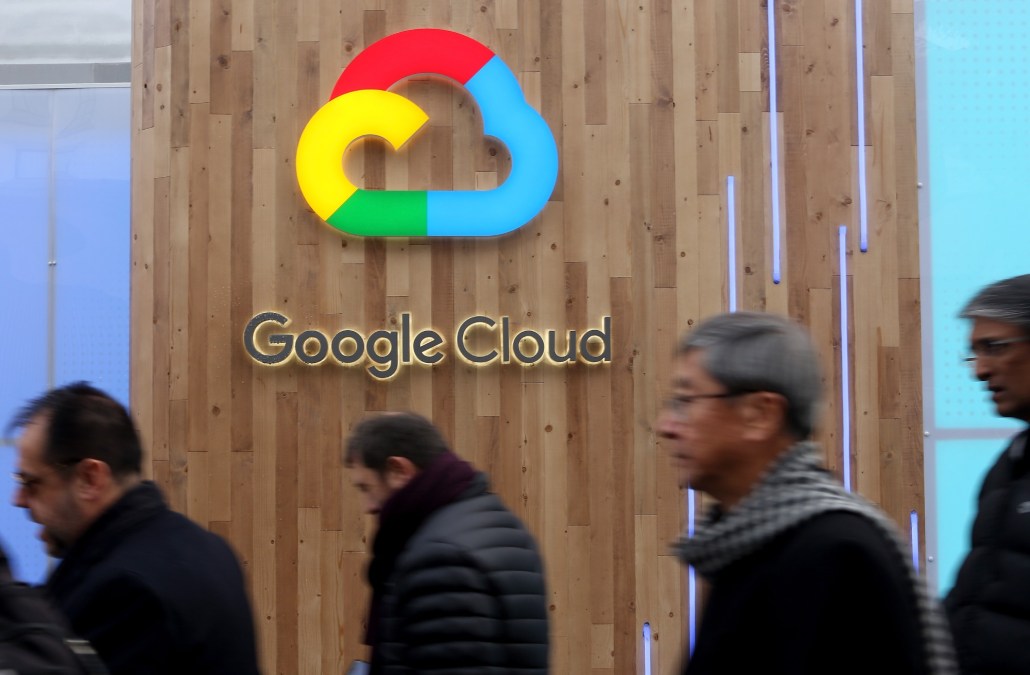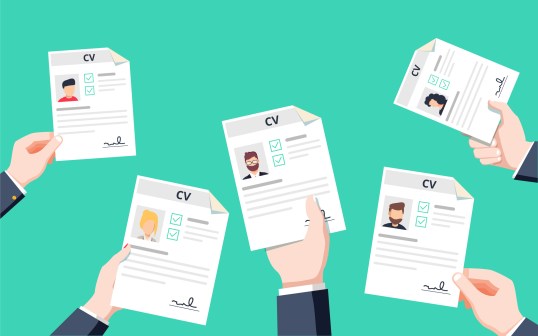Wisconsin selects Google Cloud to back ‘virtual career center’

Wisconsin’s workforce agency will use Google software to launch a “virtual career center” as it attempts to dig its way out of pandemic-induced unemployment, the tech giant announced this week.
Through a $2.9 million contract with Google Cloud, the Wisconsin Department of Workforce Development is deploying a suite of online tools for job seekers that vastly expands the state’s current capabilities, officials told StateScoop. The project, which follows a similar agreement forged by Google and Rhode Island earlier this month, signifies an interest among states to ramp up the use of data and artificial intelligence to both improve operational efficiency and drive unemployment down to pre-pandemic levels.
Data released Thursday by Wisconsin labor officials put February’s statewide unemployment level at 3.8%, though the number of private-sector jobs dropped by 1,000 in February and the number of non-farm jobs dropped by 4,500. But Robb Cherry, the Department of Workforce Development’s deputy secretary, said he thinks the state is turning a corner.
“We’re in a lot better position now with folks starting to get vaccinated, things opening up a little bit more, and that creates more job opportunities,” Cherry said.
Cherry told StateScoop his department was already doing work with Google to improve how the state applies its data to provide unemployment insurance when officials saw the work Rhode Island was doing to help job seekers.
Through Wisconsin’s new virtual career center, officials said job seekers will gain access to training resources, data on the job market, career counseling and a “career bot” that can help them schedule appointments with counselors or share resume tips. The project is scheduled to be rolled out incrementally over the summer and be completed by the end of the year.
In addition to widening access to existing resources, Cherry said, the new platform also expands the workforce department’s capabilities, including a new feature that allows job seekers to upload an existing resume without any additional manual input.
“Through machine learning, it’s able to pull skills and attributes and help better connect that to what employers are putting in their job descriptions as far as skills and attributes,” Cherry said. “That type of matching is something we haven’t had in the past.”
Cherry said he believes the platform will also expand the reach of the state’s services. Another new feature involves the chatbot connecting job seekers to virtual appointments with brick and mortar career centers dotted around the state.
“Wherever you’re at, you have access to a job center and all the services that a job center has basically at your fingertips,” Cherry said. “I think what we’ve learned through this pandemic is we really have to rely on technology, and as easy as we can make that for people in recovery, and to meet folks where they’re at, will be really helpful to folks as they enter into the job market again and start looking for employment and training.”
Like many states, Wisconsin’s aging unemployment system struggled under the increased load created by the pandemic’s business closures. Cherry said officials are now fixing the system, a project that the federal digital services agency 18F earlier this month said it would assist with.
It’s important for the state to be ready for the next disruption, he said.
“We want to make sure as a department of workforce development, [if] we ever see this type of mass unemployment again or a pandemic again that hey, we have a playbook, we know what to do, but that we have the technology that we need to make sure we can take care of everyone, process claims, be ready for recovery,” Cherry said. “We’ve never seen anything like this in the past and I hope we don’t in the future again, but we want to be ready from a capacity standpoint that we’ve learned our lessons through this.”






